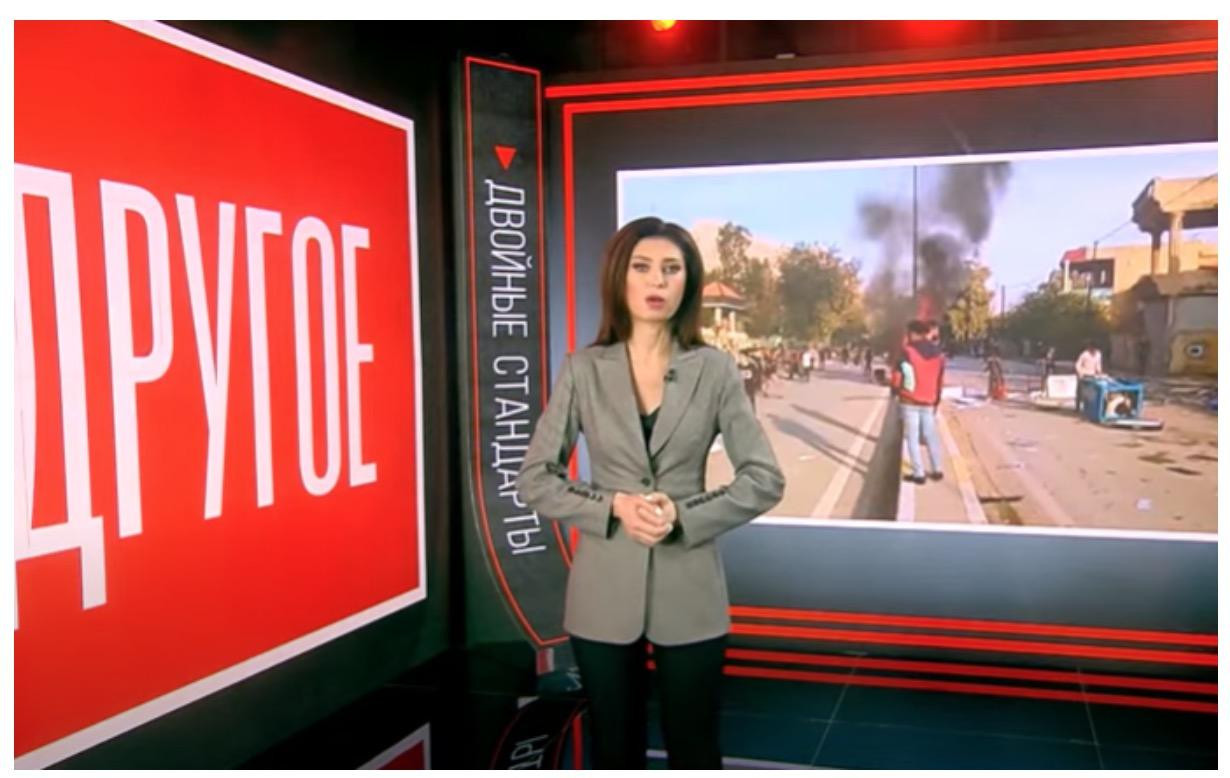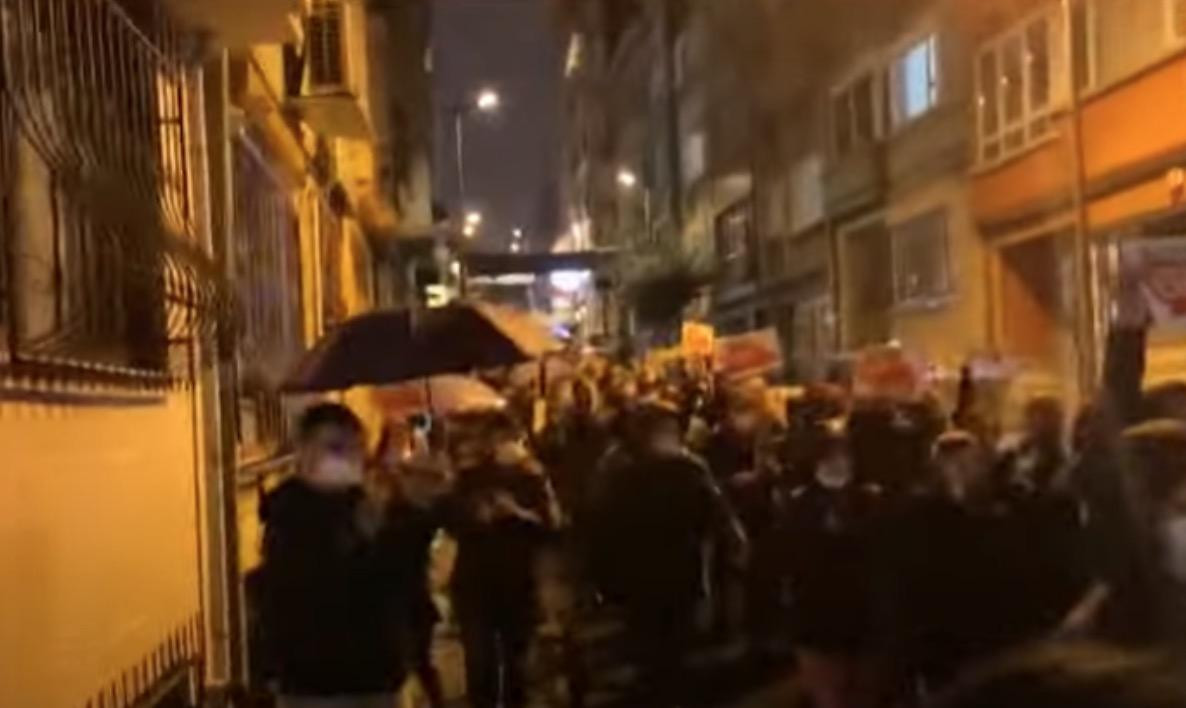For the record, large numbers of migrants showed up at the Belarusian-Polish border on November 8, whereas Lukashenko made this statement on November 26. So, this amount was spent within 15 days.
According to Alexander Lukashenko himself, there are 2.100 people at the border. So, with a bit of calculation we get $6.000 per person for 15 days of stay (or $400 per person per day). This is only $100 less than the average monthly salary in Belarus.
However, it is not quite clear how a stay in the woods in a tent, a night in a warehouse, and food in a field kitchen can cost $400 a day. This is hard to believe, even taking into account that the migrants were provided with medical care and personal hygiene items, clothes and shoes.
In addition, individuals and organizations also provide humanitarian assistance to migrants. Dmitry Shevtsov, head of the Belarusian Red Cross, tried to explain where such sums came from:
"€10.000 a day is spent on food. But here the president was talking about all expenses. We do realize that the work of the army and the Ministry of Emergency Situations is interrupted and equipment and the logistics center are involved in extra duties. There are many components that we are unaware about that have a significant contribution. So in fact, the amount is very large. $12 million has already been spent on migrants and I understand that it will grow."
Meanwhile, in the sanatorium "Ozerny" near Grodno a suite with three meals a day for foreign citizens costs $50 per day.

It turns out that in order to save state money, it would be cheaper to move migrants from the logistics center in Bruzgi there. In this case, it would only cost $750 per migrant for 15 days, not $6,000.
Even at the President Hotel, accommodation would be cheaper. At the time, one night there costs $120. For 15 days in warmth and comfort, it would cost only $1800, instead of the $6,000 that official Minsk allegedly pays now for each migrant at the border. Even if you fed a migrant in restaurants twice a day for $50, sent them shopping once a week, and assigned a personal security guard to each, it would still cost less than in a cold warehouse in the woods near Grodno.
During the same visit to the migrants, Alexander Lukashenko stated that Europeans transferred $260,000 to the Belarusian Red Cross to help the migrants.
"After my statement yesterday, the unfortunate $260.000 were reluctantly given," said Lukashenko.
The ONT channel also announced the arrival of humanitarian cargo for migrants from the World Health Organization.
"Among those who do reach out to refugees is the WHO. It gave our country a humanitarian cargo to help asylum seekers," ONT reported.
However, the TV channel "Belarus-1" continued to argue that no one helps the migrants except the Belarusian government representatives.
"I would like to say that the day before the head of the Belarusian Red Cross said that European politicians do not act in this situation and remain silent. In fact, only local authorities are doing something here". - Alexander Kamovich, correspondent of "Belarus-1" TV channel, said during a live broadcast from the Belarusian-Polish border.
This news was aired a day after it became known about WHO assistance and the money transferred to the Red Cross. And here is another statement, which was made on the TV channel "Belarus-1" two days later:
"Both volunteers and concerned Belarusians help, but at the same time, as representatives of the Red Cross noted, none of the European foundations and organizations have given a penny for these people."
And this is despite the fact that even the Belarusian Red Cross reported on its website that international partners have joined in providing assistance, namely the International Federation of Red Cross and Red Crescent Societies (IFRC), International Committee of the Red Cross (ICRC), Danish Red Cross, International Organization for Migration (IOM), United Nations High Commissioner for Refugees (UNHCR), United Nations Population Fund (UNFPA), United Nations International Children's Emergency Fund (UNICEF), World Health Organization.
In addition, the President of the European Commission claimed that the EU would allocate €3,500,000 for the return of migrants from Belarus to their homes.






